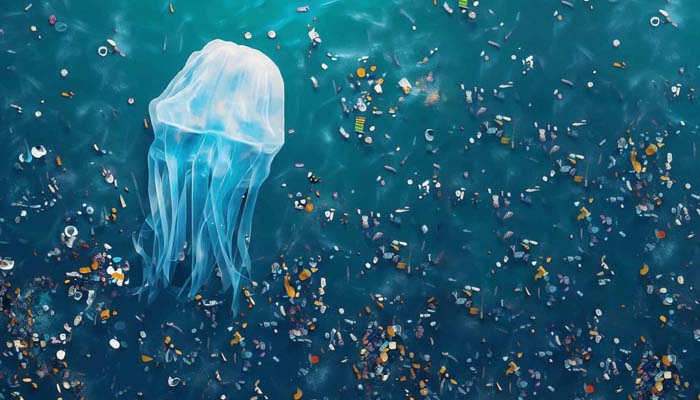
Plant-based plastics released nine times less micro plastic as compared to traditional plastics in marine environments, revealed a new study.
According to Science Daily, a study by the University of Portsmouth and the Flanders Marine Institute found that plant-based plastic material produces significantly fewer microplastics when subjected to sunlight and seawater.
The researchers found that a bio-based plastic material made from natural feedstocks held up better when exposed to intense UV lights and seawater for 76 days, equivalent to 24 months of sun exposure in central Europe, than a plastic made from petroleum derivatives.
Professor of Mechanical Engineering and a member of Revolution Plastics Hom Dhakal said, “Bio-based plastics are gaining interest as alternatives to conventional plastics, but little is known about their potential source of microplastic pollution in the marine environment.”
He explained, “It’s important to understand how these materials behave when they’re exposed to extreme environments, so we can predict how they’ll work when they’re used in marine applications, like building a boat hull, and what impact they might have on ocean life.”
Prof. Dhakal suggested, “By knowing the effect of different types of plastics on the environment, we can make better choices to protect our oceans.”
He further added, “We wanted to look at a conventional industrial polymer, polypropylene, which is non-biodegradable and difficult to recycle, against polylactic acid (PLA), a biodegradable polymer.”
Prof. Dhakal emphasized, “We need to be careful as microplastics are still clearly being released, and that remains a concern.”















